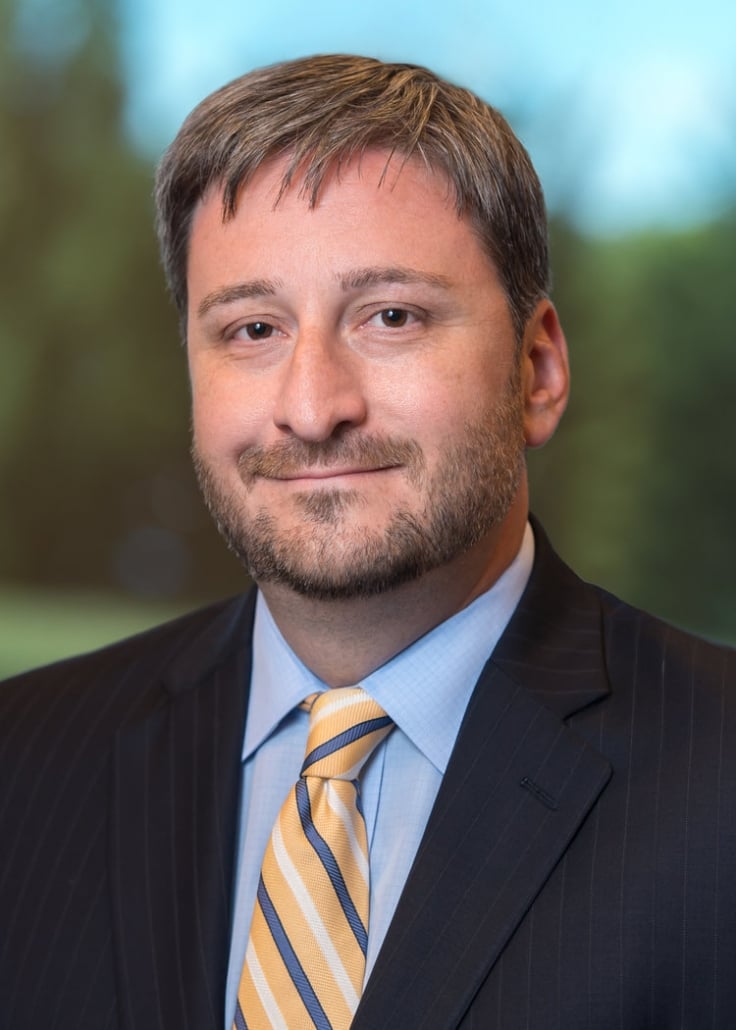The U.S. Court of Appeals for the Sixth Circuit rules that a case by the family of a Kentucky Medicaid recipient challenging the state’s adherence to federal law regarding spousal annuities rather than to a less restrictive state regulation is dismissed because federal law preempts the state regulation. Singleton v. Commenwealth of Kentucky (6th Cir., No. 16-5596, Dec. 6, 2016).
Read moreThe U.S. Senate Committee on Finance recently proposed enhancements to the Achieving a Better Life Experience (ABLE) Act which would increase the amount of money that can be contributed to ABLE accounts. However, advocate groups say the enhancements don’t go far enough.
Read moreWhen a loved one requires Medicaid there are many defenses that can be used to protect your family’s assets in given situations. Hiring a qualified Elder Law attorney is paramount to ensure you and your family receive the care they need while protecting assets.
Read moreRepealing the Affordable Care Act, aka Obamacare, was one of Donald Trump’s signature campaign health care promises. But his election, coupled with Republican control of both the House and Senate, means that there will also almost certainly be a new GOP effort to turn the Medicaid program into a system of block grants to states. Under such a system, states would receive a lump sum of federal money to provide health care to low-income people, in contrast to the open-ended entitlement that Medicaid is today, with the federal government matching every dollar that states spend.
Read more
A U.S. district court rules that a nursing home can proceed with its case against the sons of a resident who transferred the resident’s funds to themselves because the fraudulent transfer claim survived the resident’s death. Kindred Nursing Centers East, LLC v. Estate of Barbara Nyce (U.S. Dist. Ct., D. Vt., No. 5:16-cv-73, June 21, 2016).
Roger and Kinsley Nyce were agents under their mother’s power of attorney. The Nyces’ mother, Barbara Nyce, entered a nursing home and signed an admission agreement in which she agreed to pay the nursing home or apply for Medicaid. Ms. Nyce filed for Medicaid, but the application was denied because the Nyces withdrew money from Ms. Nyce’s bank accounts to pay themselves. Ms. Nyce also transferred her property to her sons. Ms. Nyce died owing the nursing home $137,586.92.
After Ms. Nyce died, the nursing home sued her estate as well as the Nyces for fraudulent transfer. The estate cross-claimed against the Nyces, alleging breach of fiduciary duty and conversion. The case was removed to federal court, and the Nyces moved to dismiss the claims. The Nyces argued that the estate couldn’t sue for fraudulent transfer after Ms. Nyce died and that the estate’s cross claim fits into the probate exception to federal jurisdiction.
The United States District Court, District of Vermont, denies the motion to dismiss. The court holds that the fraudulent transfer claim survived Ms. Nyce’s death because state law does not require that there be a pending claim in order for an action to survive. The court further holds that the probate exception cannot be used to dismiss widely recognized torts, such as breach of fiduciary duty.
You can avoid these situations; if you’re applying for Medicaid make sure that you have qualified counsel to help you through your Medicaid application process, an experienced Medicaid Attorney can help you make sure your these circumstances do not enter your life. We are here to help. Set up a free consultation with our Medicaid Attorneys, and we will show you how you have the ability to safely protect your assets while receiving the Medicaid care that you require.
*For the full text of this court decision Click Here

Article posted by:
Partner atPierro, Connor & Associates, LLC
For more information on how we can help, or to get in touch with Aaron E. Connor, Esq. please contact Adam Jones, MBA, Director of Client Development at Pierro, Connor & Associates, LLC:
Tel: 866-951-PLAN
Email: [email protected]
Many clients rightly consider establishing a Supplemental Needs Trust (SNT) to address the legal and financial needs of their loved ones with disabilities. However, in addition to these immediate concerns, it is important to consider how much care your loved one may need in the future and who will oversee any arrangements relating to that care.
Read moreA primary rule of a first-party supplemental needs trust is that it is used for the sole benefit of the beneficiary. This is often a trap for trustees who use the trust’s assets for the beneficiary, but ultimately to benefit someone else as well. A recent case shows how important this rule is and how confusing it can be.
Read more
If you have a child with special needs who requires an institutional level of care that can be provided in your home instead of in a hospital or other institution, the Katie Beckett Medicaid Waiver program may allow you to keep your child at home, even if you think that your assets are too high to qualify for Medicaid.
Read more
Assisted living facilities are a housing option for people who can still live independently but who need some assistance. Costs can range from $2,000 to more than $6,000 a month, depending on location. Medicare won’t pay for this type of care, but Medicaid might. Almost all state Medicaid programs will cover at least some assisted living costs for eligible residents.
Read moreA Pennsylvania appeals court rules that an appeal filed by a nursing home five years after the state denied Medicaid benefits to a resident is untimely and that there was no breakdown in the administrative process that would justify allowing the appeal to proceed. Congdon v. Department of Human Services (Pa. Commw. Ct., No. 1817 C.D. 2015, May 25, 2016).



